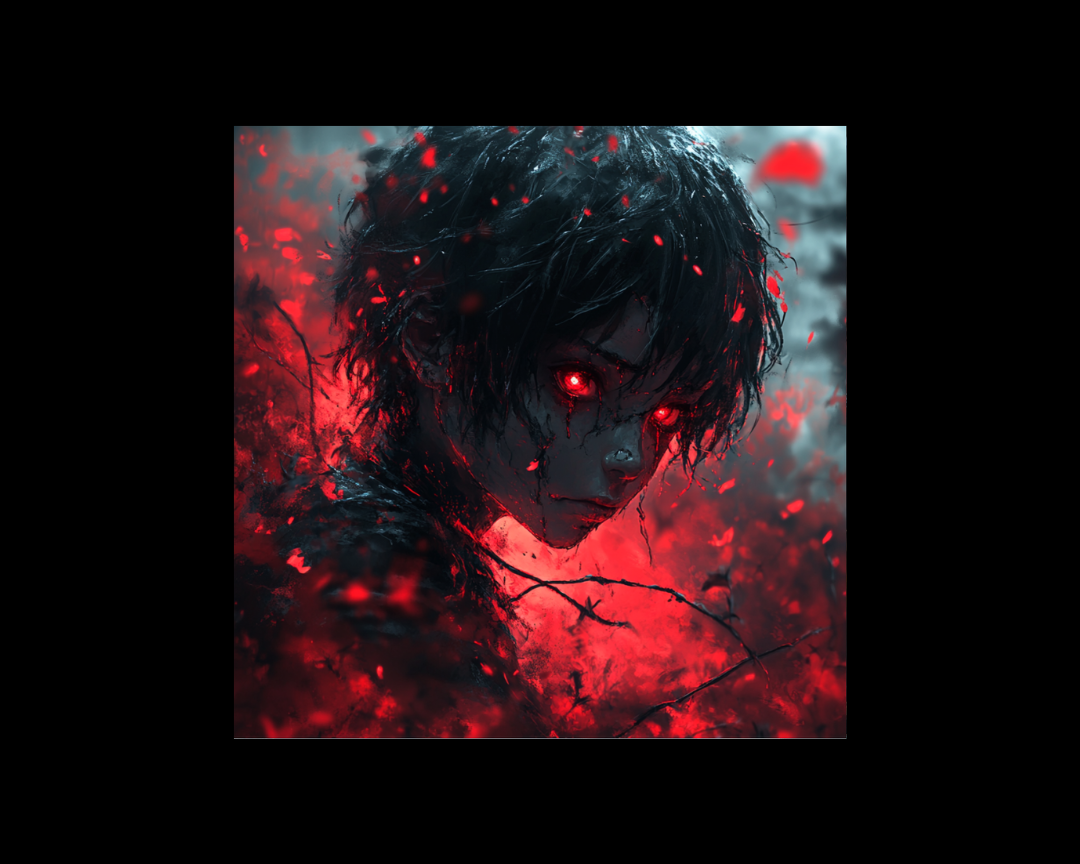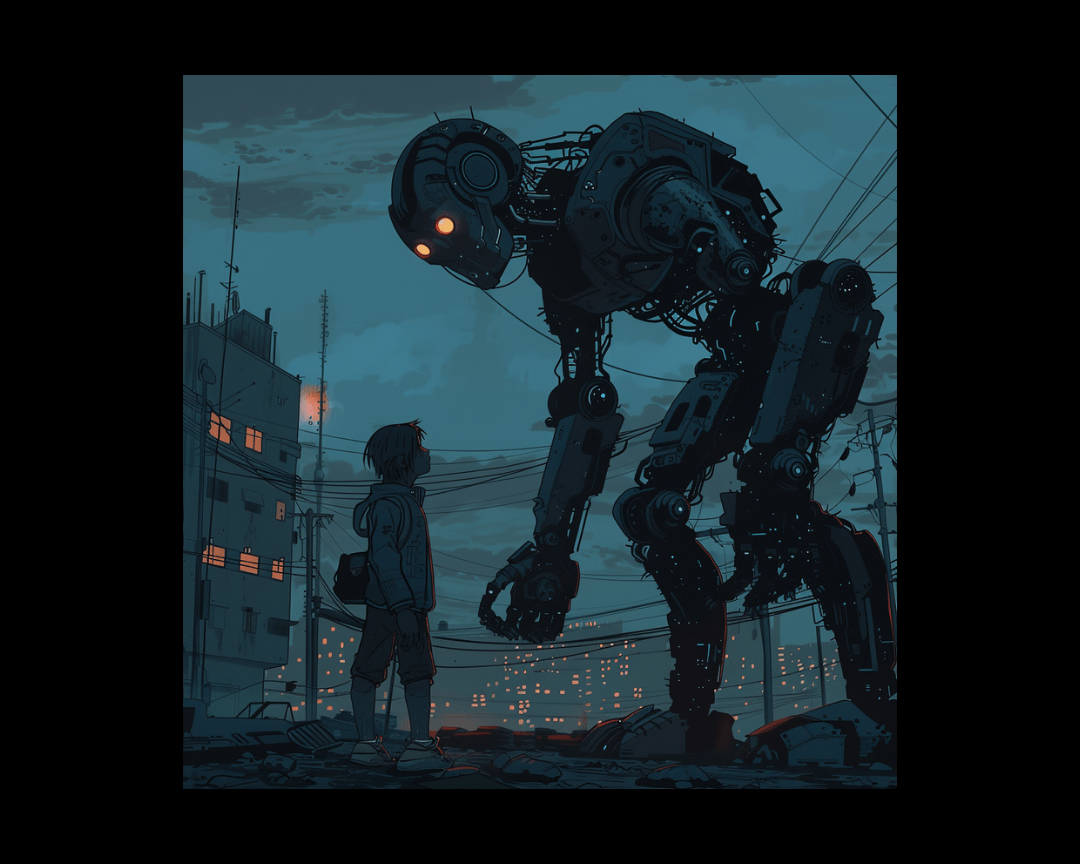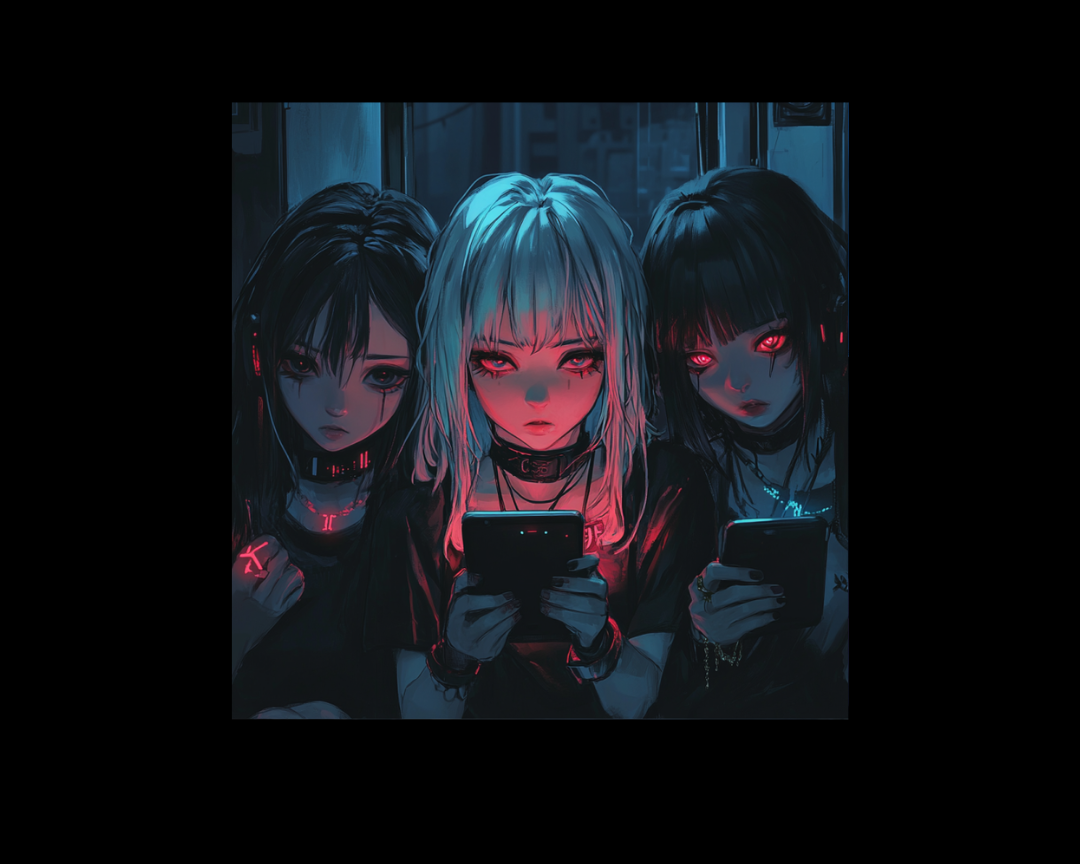6 Tips To Get the Most Out of ChatGPT
Let's talk about the elephant in the room: ChatGPT and all these other AI tools blowing up right now. We know some of y'all are shook, thinking...
3 min read
 Writing Team
:
Mar 28, 2025 9:52:26 AM
Writing Team
:
Mar 28, 2025 9:52:26 AM

A viral trend using ChatGPT’s latest image generation tool has delighted fans of Studio Ghibli by transforming everyday photos and internet memes into artwork resembling the beloved animation style of Hayao Miyazaki. But while the internet celebrates the whimsical results, the phenomenon is also reigniting heated debates about copyright, AI ethics, and the future of creative labor.
OpenAI's new AI image generation feature has been making waves across social media, where users have been converting personal images and iconic memes into Miyazaki-inspired visuals. Among those embracing the tool is Janu Lingeswaran, an entrepreneur from Aachen, Germany, who used the AI to reimagine a photo of his 3-year-old ragdoll cat, Mali.
“I really fell in love with the result,” said Lingeswaran. “We’re thinking of printing it out and hanging it on the wall.”
The Ghibli-esque creations have included everything from Olympic silver medalist Yusuf Dikec in his casual T-shirt to the infamous “Disaster Girl” meme. Even OpenAI CEO Sam Altman joined in, changing his social media avatar to a Ghibli-style portrait.
OpenAI, already facing multiple copyright lawsuits over its AI models, has expressed a cautious approach toward mimicking individual artists.
“We added a refusal which triggers when a user attempts to generate an image in the style of a living artist,” OpenAI stated in a technical paper published Tuesday.
However, the company emphasized it allows the use of broader studio styles, noting that users have “shared some truly delightful and inspired original fan creations.”
Studio Ghibli has not officially responded to the viral trend. Requests for comment sent to the Japanese studio and its North American distributor were unanswered as of Thursday.
The renewed interest in Studio Ghibli’s art style has also brought back attention to Hayao Miyazaki’s previously documented views on artificial intelligence in animation. In 2016, during a demonstration of AI-generated movement, Miyazaki appeared deeply disturbed.
“I was utterly disgusted,” he said in documentary footage, after viewing a writhing animated body dragging itself by its head.
Miyazaki explained his discomfort by referencing a friend with a disability:
“Every morning, not in recent days, I see my friend who has a disability. It’s so hard for him just to do a high five; his arm with stiff muscle can’t reach out to my hand. Now, thinking of him, I can’t watch this stuff and find it interesting. Whoever creates this stuff has no idea what pain is.”
“I strongly feel that this is an insult to life itself,” he added. “I would never wish to incorporate this technology into my work at all.”
The use of Studio Ghibli’s recognizable aesthetic in AI-generated content raises significant legal questions, according to Josh Weigensberg, a partner at Pryor Cashman.
“That raises the question of, ‘Well, do they have a license or permission to do that training or not?’” said Weigensberg.
OpenAI declined to comment Thursday on whether it trained its models using licensed Ghibli material. Weigensberg noted that if content was licensed for training, then some uses might be acceptable. But if the AI was trained without consent, it could be “problematic.”
He also explained the nuanced interpretation of copyright law regarding artistic style.
“There is a general principle ‘at the 30,000-foot view’ that ‘style’ is not copyrightable,” said Weigensberg.
But he added:
“A ‘Howl’s Moving Castle’ or ‘Spirited Away,’ you could freeze a frame in any of those films and point to specific things, and then look at the output of generative AI and see identical elements or substantially similar elements in that output. Just stopping at, ‘Oh, well, style isn’t protectable under copyright law.’ That’s not necessarily the end of the inquiry.”
Artist Karla Ortiz, a longtime fan of Miyazaki’s work and a plaintiff in an ongoing lawsuit against other AI image generators, strongly criticized the trend.
“That’s using Ghibli’s branding, their name, their work, their reputation, to promote (OpenAI) products,” Ortiz said. “It’s an insult. It’s exploitation.”
Ortiz expressed outrage over a specific use of the AI-generated style by the U.S. government. On Thursday, the White House’s official X account posted a Ghibli-style image of a weeping woman from the Dominican Republic recently arrested by U.S. immigration agents.
“To see something so brilliant, as wonderful as Miyazaki’s work be butchered to generate something so foul,” Ortiz wrote on social media, adding that she hoped Studio Ghibli sues “the hell out of” OpenAI.
The White House and OpenAI did not immediately respond to AP inquiries about how that particular image was created.

Let's talk about the elephant in the room: ChatGPT and all these other AI tools blowing up right now. We know some of y'all are shook, thinking...
.png)
Are you looking to revolutionize your social media marketing? Look no further! ChatGPT is a game-changer.

Remember when everyone was desperately trying to get Clubhouse invites and audio rooms were going to revolutionize social media forever? Well, that...